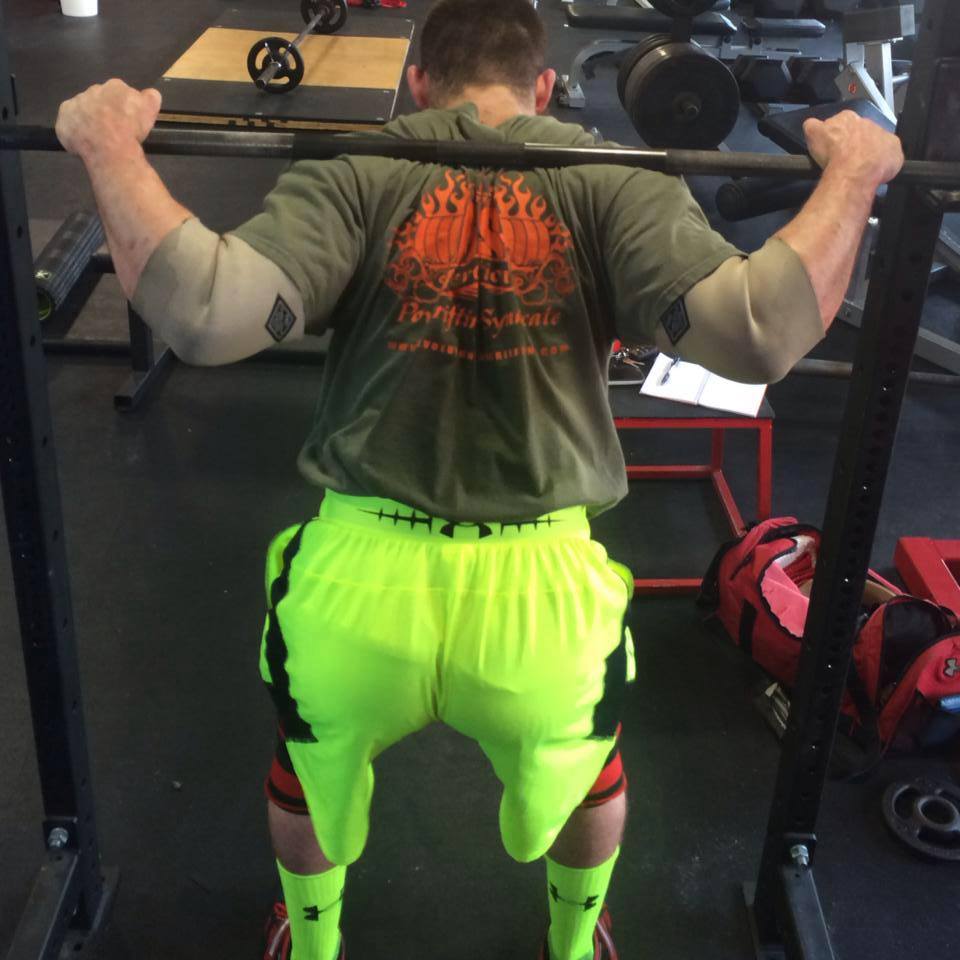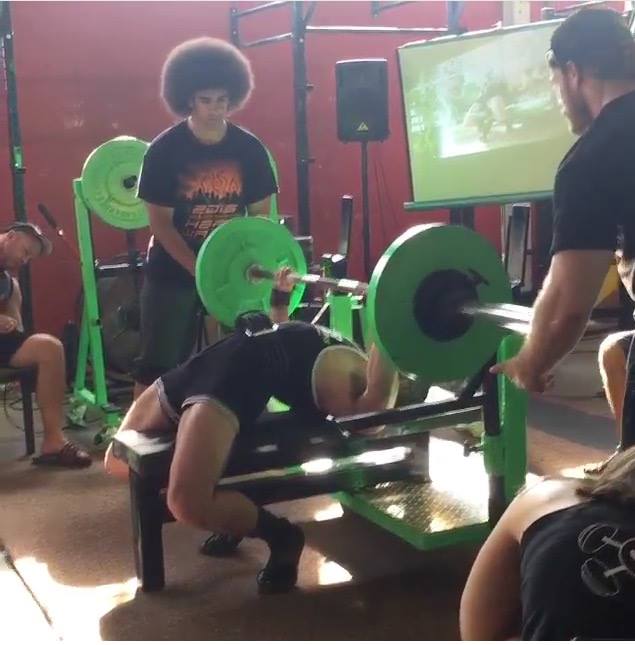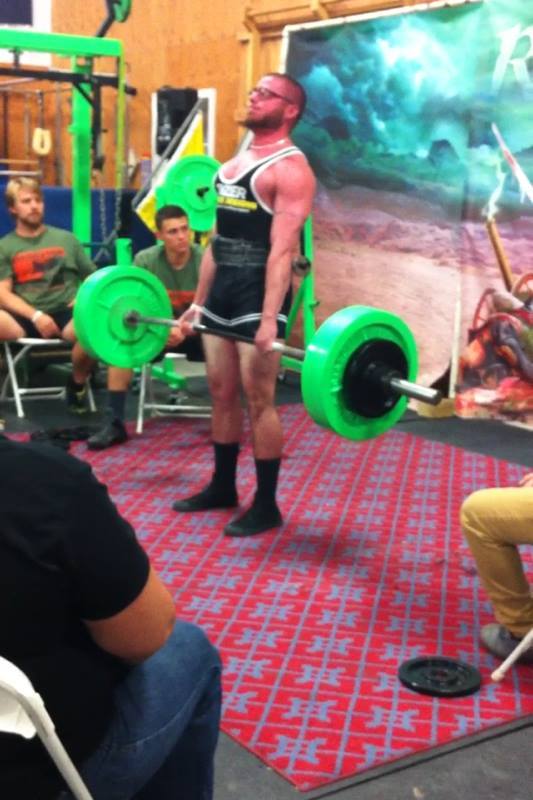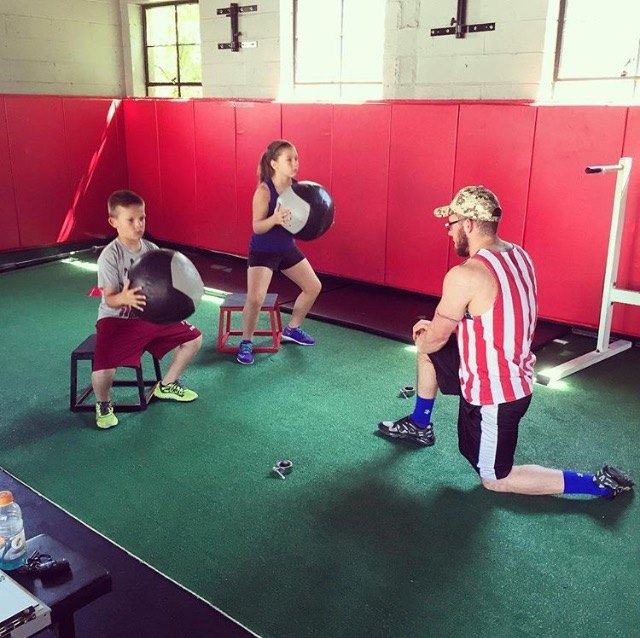- Please tell us something about yourself: where and when were you born and places you lived. Where do you live now?
I was born in Tarzana California. I moved when I was three years old to Ridgewood New Jersey, I lived there until I was five and moved for the final time to Franklin Lakes.
- How would you describe yourself as a child? Very active? What types of activity interested you the most? Did you get involved with sports at an early age?
As a kid you could not keep me inside. I absolutely loved the outdoors, playing outside with my neighborhood friends was an everyday thing. Growing up I loved all sports. I played baseball, basketball, soccer, football, and tennis.
- Was any athlete your hero as a kid? If so, who?
As a child, Mike Piazza was my childhood hero.
- Were you involved in sports during Highschool? How was that experience? At that age, did you already entertain the idea of becoming professionally involved with sports/training?
During highschool, I played varsity baseball. I was on the smaller side at 125lbs standing at 5’9. I quickly realized the importance of getting bigger, faster and stronger. I spent my highschool career lifting – hoping to gain a competitive edge. I lifted the big three and pull ups. My sophomore year I gained 30lbs and the pay off was apparent when the baseball season started. I was hooked.
- When and how did you decide to become a coach? Can you tell us a little about that choice and what it involved? Did your family support your decision?
I decided to become a coach when I was a freshman in college. I was recruited to SUNY New Paltz to play baseball. After playing for the team for a month, baseball was no longer fun as the practices were extremely long and it interfered with my progress in the gym. I applied for to become a personal trainer at the on campus athletic center and this is when I discovered my passion for coaching. I continued working at the Athletic Center for the next 3 years. As it was time for me to leave SUNY New Paltz, it became apparent to me that coaching was my calling. My family was supportive: my mother sees the impact I leave on those I work with and supports me 100 percent.
- Did you / are you involved in sports as an athlete? If so, how is your experience as an athlete influence your decisions in coaching?
I was involved in highschool varsity and collegiate level baseball. My involvement in sports made it apparent to me how important it is to possess strength, speed, and agility as an athlete. Always being the smaller kid on the team, I wanted to help, as many athletes as possible get bigger, faster, and stronger.
- Are you an athlete now? Tell us a little about your sports career, your achievements and your goals.
I am a competitive Powerlifter in the 181 class. I have been competing since December of 2010. My best numbers in the 198 class are a 440 squat, 285 bench, and a 510 deadlift. In the 181 class my best numbers are a 425 Squat, 275 bench, and a 505 deadlift. I hope to someday have an elite total at the 181 class.
- What is your educational background? Do you think school provided you with good tools for the profession you chose?
I am currently ¾ of the way through my Bachelors in Science studying exercise science with a concentration in muscle kinesiology. I have learned more through practical experience than I have through my textbooks. Attending seminars, obtaining certifications, and networking have proved far more useful than the classroom.
- At what age did you start coaching at a professional level? How was that beginning (where, who helped you the most, what were your greatest challenges)?
I began coaching professionally at the age of 23. I work at a garage style gym. I would have to say my network of fellow coaches and trainers helped me the most. My boss/mentor helped me as well. The most difficult aspect of starting was getting people through the door. Learning how to sell my program was the hardest part. My mentor guided me through this and is now no longer a problem.
- If you feel comfortable, I’d like to know your thoughts about the educational background for coaches in your country: are the programs available adequate for your needs? What do you think makes a strong basis for coaching? How did you obtain this?
In my honest opinion, most coaches that I know have excelled because of their practical experience, not book smarts. I believe that the programs available here in the United States do not adequately test the ability of the coach to relay their knowledge in a precise manner. Its one thing to know all the definitions, proper techniques, and programming. It’s a completely different thing to be able to analyze a movement pattern in real time. In my opinion, the only way to develop your coach’s eye is through real time experience. One goes about developing their coach’s eye by practicing on numerous individuals.
- The gap between science and practice: in your experience, how much does current scientific knowledge on exercise physiology, kinesiology, biomechanics, etc contribute to your daily decisions in coaching and how much does it fail to?
I am constantly reading articles, books, and attending seminars. The science behind why we do what we do as coaches is finally predominant. I try and implement any new information relating to these topics. I believe there has been much more emphasis on understanding “why” now, then there has been in previous years.
- What were your biggest challenges as a coach? Can you give us some examples (stories)? What do you think contributed for you to make the best call?
My biggest challenge as a coach is correcting my athlete’s poor habits. Many of my athletes have either never had coaching or have had poor coaching. Getting an athlete to relearn motor patterns and movements is a real SOB. There are always different reactions when going through this process. Many are astonished at what it feels like to do an exercise correctly, many are angry and frustrated at past coaches, many are so ego driven they do not care to learn to proper way. Many times its not until they are injured do they see the light. During this process, depending on whether its in a class or one-on-one setting I will only push the athlete so far. At some point, the athlete has to make the decision to follow suite.
- Some professionals in the health care fields become so traumatized when making a bad call with a patient/client that they give up. Did you ever make a bad call? How did you handle that? What advice would you give to younger people starting their coaching career?
Everyone makes bad calls – It’s a part of maturing and growing as a coach. I had an athlete who was weeks out of their meet. They were ego driven and beat up. Instead of forcing them to auto regulate and adapt their training, I allowed them to convince me to stay on the program as is. Needless to say they didn’t recover in time for their meet and it didn’t go well. I made a promise to myself after that experience. I told myself, “I am the coach. My athletes are my responsibility. I cannot allow them to hinder their long term growth for short term satisfaction.”
- How do you handle special groups, such as the elderly, pregnant women and the disabled? How is the communication with their primary health care professionals? Is it necessary and is it easy? What advice would you have for younger coaches when they are contacted by their first “special” client?
I mainly work with general population. I have however worked with elderly, and pregnant woman. Communication with healthcare providers is paramount. I work within the athlete’s ability. I find compound movement variations that we can progressively load and work from there. When I reach out my athlete’s provider they are usually surprised at my inquiry. When you are contacted by your first “special” client, make sure you get a very detailed health history, run them through a variety of strength and flexibility tests, and make sure you are 100 percent comfortable and confident in your ability to coach them. If you have any hesitation I suggest referring them to someone you know and trust can get the job done.
What is your clientele today? (types of people and their needs) Do you have a preference for one or another type?
I work primarily with 9-17 year olds. I work with middle aged men and women as well. I enjoy working with both, as each is trained differently, and I love seeing them progress.
- Athletes: in which way are they different (or not) from other clients?
Most athletes are aware of their body. Which makes teaching them technique much easier. Athletes tend to understand the importance of Strength and conditioning for their overall performance – so in my opinion they require less external motivation. However, most athletes are ego driven. Which can cause some frustration as a coach. Getting an athlete to embrace good form sometimes requires a substantial drop in weight lifted, which to the 17 year old varsity athlete is not appealing at all.
- Emotional / psychological aspects of coaching: if you had to instruct a group of young coaches, what would you say is the best professional attitude a coach must have concerning the emotional burden clients bring into the coach-client relationship? Besides a general approach, do you think some types of clients demand extra emotional work? Examples: anorexic young females, low self-esteem people in general, depressed or other psychiatric condition patients, over-stressed business people, etc.
“Be the coach that you needed when you were their age” This is the quote I live and coach by. Clients are extremely unique, some require constant attention and reassurance in and out of the gym. Some require none. It’s completely subjective. Your ability to judge the amount of external help your client needs is a part of being a coach, too much and they get overwhelmed, too little and they feel lost – It’s a fine balance that one learns over time.
- Non-presencial coaching (online programming and/or coaching): what are the challenges? What to you require from clients to conduct a successful program?
The hardest part about online programming is conveying technique changes. Videos offer a good source of feed back but nothing beats an in person experience. I require my clients to send me weekly food and workout logs, videos of their main lifts, and at least one in person session per month.
- The golden question: what is your approach to training (your “training philosophy”, meaning the way to organize exercises in a program, progression, principles to observe, whatever you think defines YOUR approach)?
“The purpose of life is to discover your passion. The meaning of life is to give your passion away.” I believe the most IMPORTANT aspect of my training philosophy is technique. Proper breathing/bracing, proper execution of movement, and injury prevention are a must. With one-on-ones I focus on the Squat, Bench, Deadlift and press until technical proficiency has been obtained. I then switch them over to a Westside Variation to keep the athlete interested and motivated. In a group setting, I run a West Side variation. When a new athlete comes to a class, I suggest a few one-on-ones to teach them proper technique. I try to have all my athletes replicate the same lifting models. This allows them to critique and correct themselves as well as limits the possibility of injury. Sessions are always started with a general dynamic warm-up, usually followed by a CNS intensive movement. After the athlete/s are fired up we begin our main lift, followed by accessory work, followed by core and conditioning. Every workout is finished with a group cool down where we discuss anything and everything. My goal is to build a family, in which everyone feels comfortable, motivated and supported. At the end of the day I want to help as many people learn the proper ways to strength and conditioning.
Contact information
Eric Grogin
Director of Training
Cannonball Gym
e-mail : egrogin31@gmail.com




